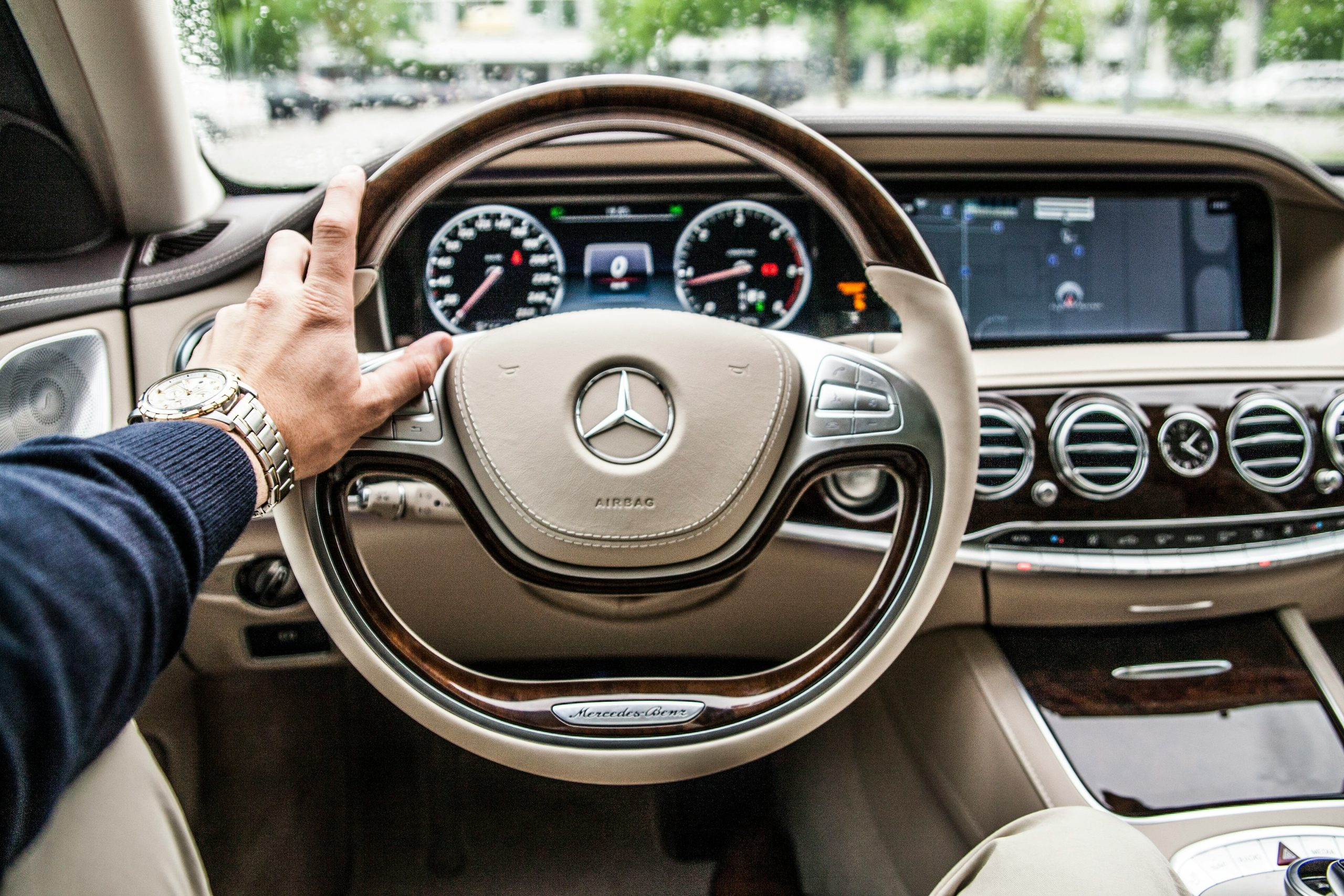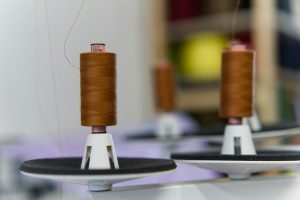Luxury Exploring Boundaries for Sustainable Futures
When we think of luxury, we often envision opulence, excess, and extravagance. However, as our society becomes more environmentally conscious, the concept of luxury is evolving. No longer is luxury solely defined by material possessions and lavish experiences, but also by sustainability. This shift in perspective has given rise to the term “luxury exploring boundaries for sustainable futures,” which aims to combine luxury with responsible and ethical practices. In this article, we will delve into the world of sustainable luxury and explore how it is shaping the future of luxury as we know it.
The Evolution of Luxury
Luxury has a long-standing association with indulgence and overconsumption. But as the world becomes more aware of the impact of excessive consumerism on the environment, the definition of luxury is changing. Luxury brands that were once known for their ostentatious displays of wealth and lavishness are now modifying their practices to align with a more sustainable approach. The shift towards responsible luxury is fueled by the growing demand from consumers who are seeking more ethical and environmentally friendly options. As the saying goes, “Luxury is no longer about having the latest, but about being aware.”
The Rise of Sustainable Luxury
Sustainable luxury is no longer a niche concept but has morphed into a mainstream movement. Many luxury brands are now incorporating sustainable practices into their products and services, creating a new standard in luxury. This shift can be attributed to the rise of conscious consumerism, where people are actively seeking products and experiences that align with their values and beliefs. In the luxury industry, this has translated into brands prioritizing sustainability in their manufacturing processes, sourcing of materials, and supply chain management.
Exploring Boundaries for Sustainable Futures
One of the core principles of sustainable luxury is the idea of exploring boundaries. This means pushing the limits of traditional luxury and finding new ways to create luxurious experiences that are also sustainable. For instance, many luxury hotels are now incorporating sustainable practices such as using renewable energy sources, reducing water consumption, and promoting local and organic produce in their restaurants. This not only benefits the environment but also enhances the overall luxury experience for guests who are becoming increasingly conscious of their impact on the planet.
Sustainable luxury is not just limited to hospitality. In the fashion industry, luxury brands are redefining what it means to be environmentally friendly by using sustainable materials, implementing circular fashion practices, and supporting fair labor practices. This not only improves the brand’s image but also attracts a new generation of luxury consumers who value socially responsible companies.
The Future of Luxury
The move towards sustainable luxury is not just a trend but a necessary step for the future of the luxury industry. As consumers become more environmentally conscious, they are also becoming more aware of the impact their purchases have on the planet. Luxury brands that fail to adapt to these changing values risk losing their customer base. In contrast, those that embrace sustainable practices have the potential to attract a new wave of loyal customers. Furthermore, luxury brands that prioritize sustainability are also setting themselves apart in a highly competitive market.
In conclusion, luxury exploring boundaries for sustainable futures is a movement that is reshaping the landscape of luxury. It is no longer just about the price tag or the exclusivity, but also about the impact on the environment and society. As consumers, we have the power to demand sustainability from luxury brands, and they, in turn, have the responsibility to meet these demands. With the rise of sustainable luxury, we are not just redefining luxury, but also creating a more sustainable future for all.











